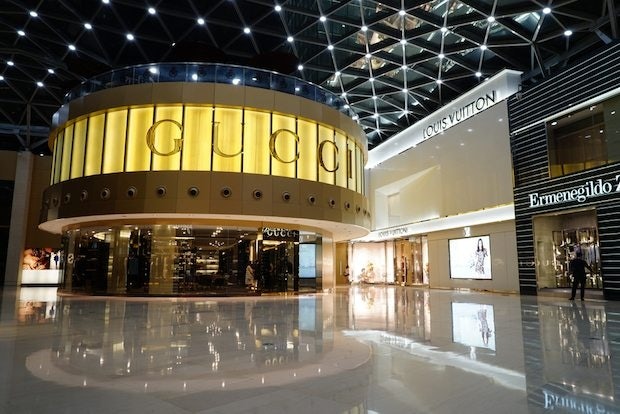
As China’s government cuts tariffs on imported goods, allows duty-free sales in select mainland locations, and claims it’s cracking down on smugglers trying to sneak items past customs from abroad, the luxury industry is left wondering if there will be any effect on the country’s rampant luxury gray market. For this week’s Q&A with Hung Huang, we asked readers to submit questions on luxury pricing in China in order to learn more about this crucial issue for the industry.
For next week’s topic, we welcome readers to submit their questions about
special-edition Chinese New Year luxury items#
. From luxury watchmakers to skincare brands, labels are unveiling their gifts for the year of the monkey. Which ones are best for reaching Chinese consumers? Submit your question via Twitter (hashtag #AskHungHuang), Facebook, email (contact@jingdaily.com), or Weibo (hashtag #AskHungHuang#) before Monday, January 11.

As more Chinese travel overseas, they take advantage of more affordable pricing on luxury goods. For this reason, China is cutting export taxes on foreign luxury brands, encouraging Chinese to shop locally. Premium luxury companies are also narrowing the pricing gap to protect their brand. Other brands are reluctant to the idea, and are trying different ways to attract local luxury shoppers. What are proving to be the most successful strategies for these brands in encouraging Chinese to buy luxury products domestically?#
-Laurence Lam, Online Marketing Manager at#
Daxue Consulting#
In my opinion, luxury companies need to get back to the basics of selling the product rather than hyping the name in China. Very few Chinese consumers understand luxury or can truly appreciate its quality and craftsmanship. Most of the big spenders buy simply because they can afford it and they are bored out of their mind. The middle-class consumer might understand the brand and design but will not spend their money frivolously—so, they will buy while abroad or though online buyers.
Are Chinese luxury shoppers abroad only buying because of the price, or would they be shopping when they go abroad even if the price were the same?#
-Anonymous#
I think luxury companies in China need a reality check—the truth is the next generation of Chinese consumers is not that feverish about luxury goods. The craze is over. As for why they buy while traveling and through online buyers, the answer is "it is a good bargain" compared to local prices.
The Chinese government has lowered tariffs, is allowing the sale of duty-free goods in Hainan, and is stepping up its customs inspections. Do you think any of these efforts will encourage domestic spending instead of buying abroad or through daigou?#
-Anonymous#
For the Chinese government, it is important that consumers buy in China, for this the government needs to do a lot more than the meager reduction in import taxes.